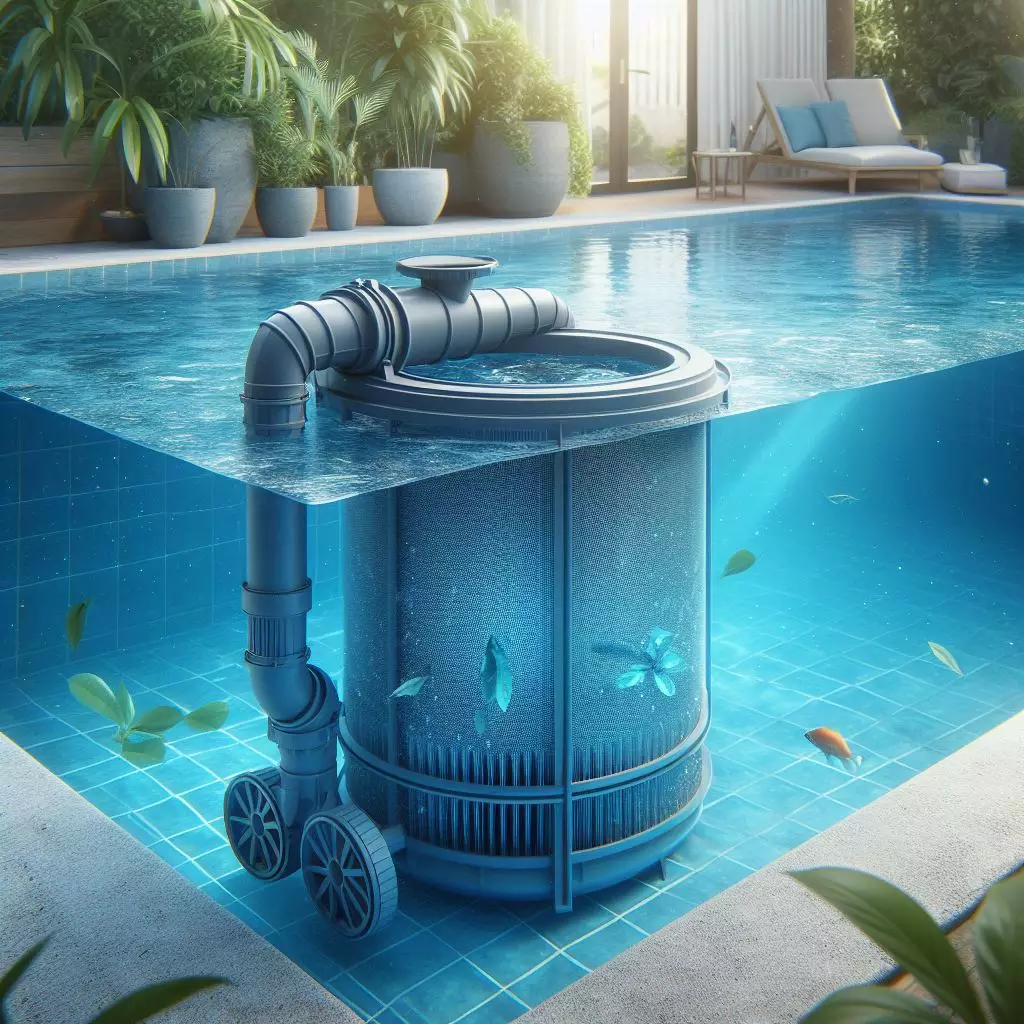Pool sand filters play a crucial role in maintaining clean and clear swimming pool water by removing debris and contaminants. Proper maintenance is key to extending the lifespan of these filters and ensuring optimal performance. In this comprehensive guide, we will delve into advanced strategies and detailed techniques to maximize the lifespan of pool sand filters, enhancing their efficiency and durability.

Understanding Pool Sand Filters
Filtration Mechanism: Pool sand filters utilize mechanical filtration, where water passes through a bed of sand to trap particles. Understanding the intricacies of this filtration mechanism is essential for optimizing filter performance.
Sand Selection: The type and quality of sand used in pool filters significantly impact their effectiveness. Specially graded filter sand with uniform particle size distribution ensures consistent filtration and prevents channeling, a common issue that reduces filtration efficiency.
Internal Design: The internal design of pool sand filters, including the shape and arrangement of internal components, affects filtration performance. Innovative designs that promote even distribution of water flow and prevent sand compaction can enhance filter longevity.
Maintenance and Care
Backwashing Techniques: Proper backwashing is essential for removing trapped debris from the sand bed. Advanced techniques such as air scouring or turbulation can enhance backwashing effectiveness by agitating the sand bed and dislodging embedded particles.
Sand Rejuvenation: Over time, the sand in pool filters can become compacted and lose its filtration capacity. Sand rejuvenation techniques, such as manual agitation or chemical treatment, help restore the porosity of the sand bed and extend its lifespan.
Chemical Balance Management: Maintaining proper water chemistry is critical for the longevity of pool sand filters. Imbalanced water chemistry can lead to corrosion of filter components or formation of scale deposits, reducing filter efficiency. Advanced water testing and treatment methods, including pH buffering and scale inhibition, help preserve filter integrity.
Enhancing Efficiency
Dual Filtration Systems
Supplementing pool sand filters with secondary filtration systems, such as cartridge filters or diatomaceous earth (DE) filters, can improve overall filtration efficiency. These systems provide additional filtration capacity and capture finer particles, reducing the workload on pool sand filters and prolonging their lifespan.
Variable Speed Pump Integration
Installing variable speed pumps allows for precise control of water flow rates, optimizing filtration efficiency and reducing energy consumption. Advanced pump control systems with programmable settings can adjust flow rates based on filter load and water quality, maximizing filter lifespan.
Filter Media Enhancements
Upgrading filter media with advanced alternatives such as glass or zeolite can enhance filtration performance and durability. These media offer superior particle trapping capabilities and are resistant to compaction, resulting in extended filter lifespan and reduced maintenance requirements.
Advanced Maintenance Techniques
Acid Washing
Periodic acid washing of pool sand filters removes mineral deposits and organic residues that accumulate on filter surfaces over time. Acid washing rejuvenates filter media and restores filtration efficiency, especially in regions with hard water or high organic load.
Sand Bed Fluffing
Fluffing the sand bed through manual agitation or mechanical methods helps prevent sand compaction and maintains uniform porosity. This technique improves water distribution within the filter tank and enhances filtration effectiveness, prolonging filter lifespan.
Professional Inspection and Servicing
Regular inspection and servicing by qualified pool technicians are essential for identifying potential issues and implementing preventive maintenance measures. Professional technicians have the expertise to diagnose filter problems and recommend appropriate solutions, ensuring prolonged filter lifespan and optimal performance.
Environmental Factors
Climate Considerations: Extreme weather conditions, such as freezing temperatures or prolonged exposure to direct sunlight, can impact filter performance and longevity. Implementing weather protection measures, such as insulation or shading, helps mitigate environmental stressors and prolong filter lifespan.
Landscape Management: Surrounding landscape features, such as trees and vegetation, can introduce debris and organic matter into pool water, increasing filter workload. Strategic landscaping design and regular maintenance practices, such as pruning and debris removal, minimize debris ingress and prolong filter lifespan.
Conclusion
Maximizing the lifespan of pool sand filters requires a holistic approach encompassing advanced maintenance techniques, enhanced filtration strategies, and proactive management of environmental factors. By implementing these detailed strategies and incorporating advanced technologies, pool owners can ensure prolonged filter lifespan, optimal filtration efficiency, and pristine swimming pool water quality for years to come.
